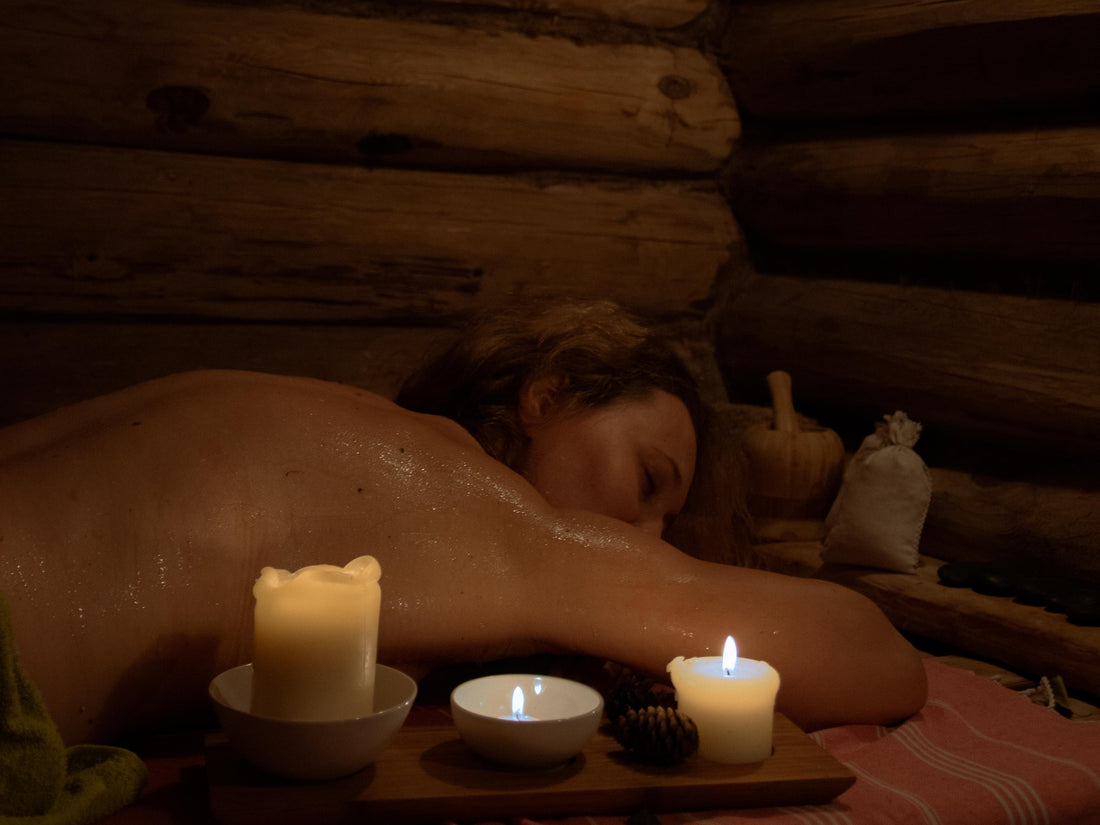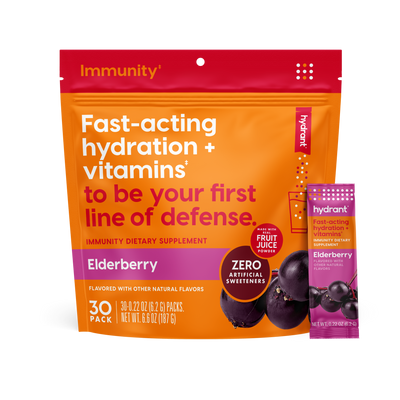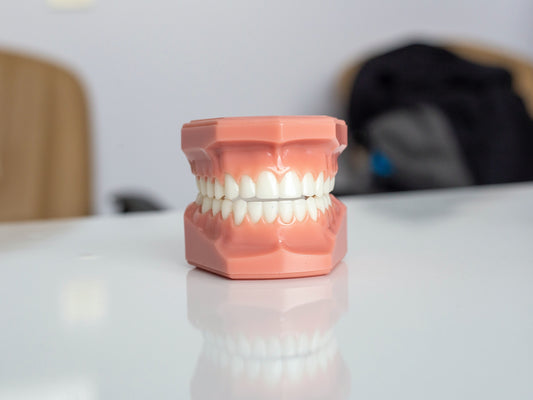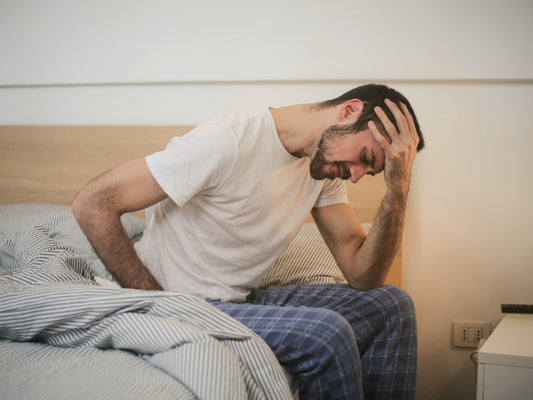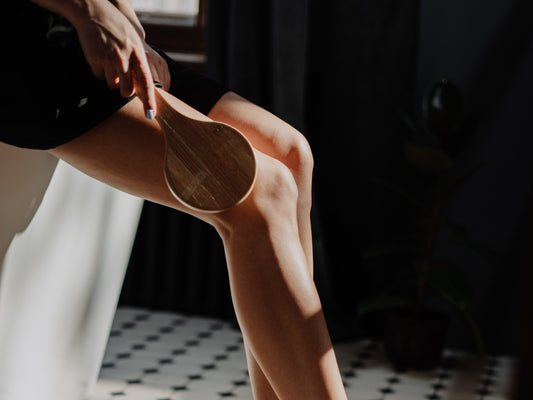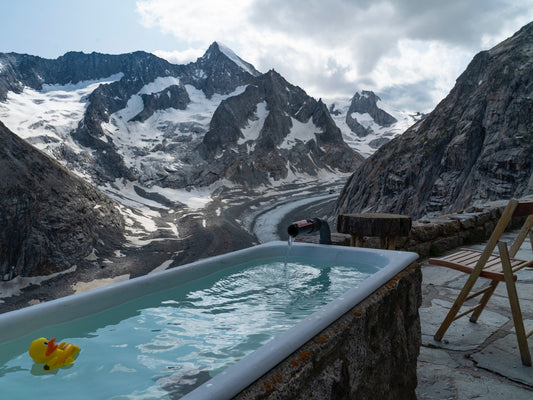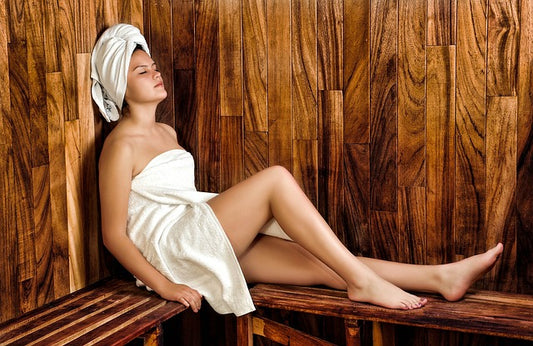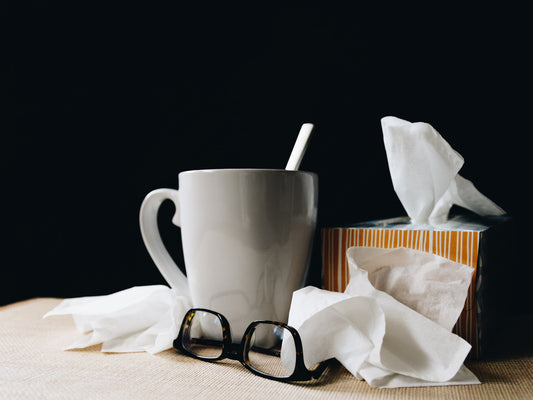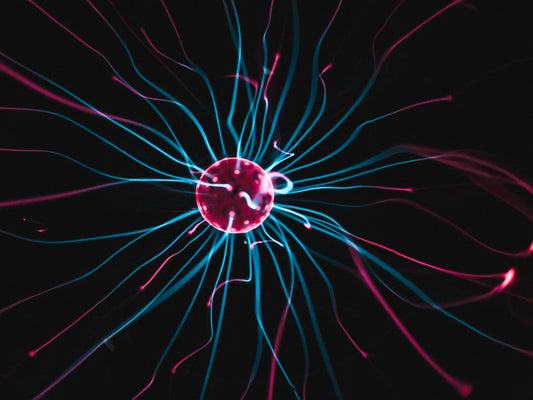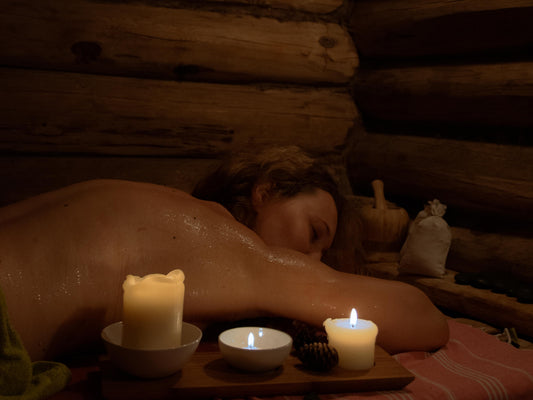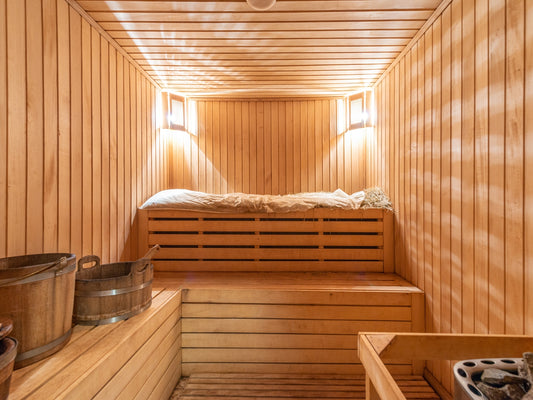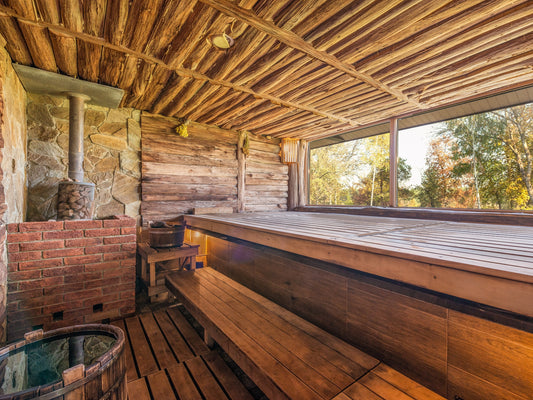For centuries, people worldwide have used saunas and benefitted from them. A sauna can have several health benefits, and it allows people to relax and unwind. During a sauna, skin temperature can rise to roughly 40° Celsius or 104° Fahrenheit.
When body temperature rises, heavy sweating takes place. The heart rate increases as our body attempts to cool down. Relaxation and cardiovascular health are the main benefits of saunas, even though the experience may vary from person to person.
In this article, we will go through the causes behind a lack of sweating and the steps you can take to reap maximum health benefits.
The Science Behind Why We Sweat
Your body contains two types of sweat glands, apocrine and eccrine. The temperature of the body is regulated by the eccrine glands. Physical exertion, stressful settings, and relatively high temperatures can all cause your body temperature to rise. As your body’s temperature increases, eccrine glands are stimulated to release sweat, which produces a cooling effect.
You may be wondering how long it takes to sweat in a sauna. Under normal circumstances, people usually start sweating after spending 15-20 minutes in a sauna. But if you are not sweating, you may get anxious and start wondering, ‘How come I don’t sweat in a sauna?’ . Here are a few possible explanations backed by scientific research, followed by six health benefits of sweating.
What Causes A Lack Of Sweating?
There are two possibilities: either the sauna is not hot enough, or your body isn’t producing enough sweat because of dehydration.
If the sauna is not working well, you need to check the equipment to make sure the sauna is heated to the appropriate extent. Not taking enough time to prepare the equipment for taking a bath may be the cause for your lack of sweat.
Aging can also be a major factor behind reduced sweating. Research suggests that sweat glands tend to produce less sweat as a person ages. Depending on your age and lifestyle, that might be the main cause.

Some people also have a natural tendency to sweat less than others. This happens due to a lower amount of energy in your body. If this is your case, make sure to refill yourself with fuel by energy supplements with proper nutrition. Want a boost that doesn’t wear off? Our electrolyte-packed rapid hydration mix will keep you charged throughout the day.
Not sweating in an adequately heated sauna may also indicate that your sweat glands are not functioning properly. Maintaining proper hydration of your body is essential for your sweat glands to work properly. You lose much of your vital minerals with sweat, so make sure you have an adequate pool of electrolytes within your body.
If your body lacks hydration and electrolytes, it becomes difficult for the body to produce a substantial amount of sweat. And even if your body carries out sweating despite low hydration levels and electrolyte insufficiency, it will eventually run out of these stores. Therefore, you will need to replenish your body with electrolytes and water in adequate amounts. Rapid hydration mixes will help you keep your body fluid and electrolytes in balance.
Jumping into the sauna with dry skin may be another cause of not sweating. It is impossible to sweat with skin pores closed as on dry skin. Saunas mainly employ dry heat with minimum water vapors, so don’t forget to hydrate your skin properly before getting into the sauna.
Health Benefits Of Sweating
Some effects of saunas on our body do not depend on the humidity level or how the sauna is heated.
When taking a sauna, our heart rate increases and our blood vessels dilate. This improves circulation in a similar way to moderate exercise, depending on the duration of sauna use.
Heart rate can increase to about 100-150 beats a minute while using a sauna. This may bring some of the health benefits mentioned below.
Easing pain
As the circulation increases, it helps decrease muscle soreness. It also has a positive effect on joint movement. The high temperature in a sauna stimulates the circulation of oxygen-rich blood, which helps reduce the inflammation of arthritis.
Reducing stress levels
Frequent sauna baths can reduce the stress of everyday life. It also promotes relaxation of muscles throughout the body, reduces stress and anxiety, and promotes the release of endorphins.
Improving cardiovascular health
A recent study suggested that people who use a sauna are less vulnerable to dying from cardiovascular disease. The study's participants were divided into three groups based on how often they took a sauna: once per week, twice a week, and four to seven times a week.
Participants who used the sauna two to three times a week were 22% less likely to encounter sudden cardiac death than those who only used it once a week. More research is needed to see if there is a direct link between sauna use and a lower risk of heart disease death.
Skin problems
Another amazing benefit of saunas is the reduction2 in the symptoms of psoriasis. The heat of the sauna can quickly kill dermatophytes and other microorganisms. In short, it unclogs the pores in your skin and gives you a fresh look.
Asthma
People have been relying on saunas to cure breathing problems for centuries. If you are suffering from asthma, a sauna can do wonders for you. Research indicates that it improves the function and capacity of the lungs and opens airways. Moreover, it produces positive effects on breathing3 in patients with respiratory conditions like asthma.
Better Cognitive Functioning
Last but not the least, a sauna bath reinvigorates your brain and uplifts your mood. Some studies also suggest that it is linked with a reduced risk4 of dementia and Alzheimer’s disease. However, more research is required to prove this link.
Why Are Saunas Different From Other Types Of Heat Exposure?

Comfort is arguably one of the main reasons to enjoy saunas. Saunas also detoxify your inner core, which is not the case with other types of heat exposure equipment. This is especially true for infrared saunas, which utilize infrared rays to heat your body. These rays have a better penetration and detoxification power than heat waves emitted by other heat exposure systems. Once your body is detoxified, you will naturally feel comfortable.
You can install saunas in any private space in your home where you feel at ease. And using it after taking a bath will give you a feeling of warmth that will be somewhat different from other heat exposure systems.
Moreover, other heat exposure systems consume a lot of power, while traditional and infrared saunas are usually more energy-efficient systems.
How To Get The Most Out Of A Sauna Session?
Remember, the sauna is all about relaxation, and you definitely want to be in a calm and relaxed mood when you take one. People usually use it after a gym workout, which helps your body recover after exerting. Remember to take a bath before going to the sauna, as it washes out your skin and removes dirt and bacteria. Bathing before the sauna also opens up your pores, which helps you sweat during the sauna and contributes to proper detoxification [5]. The more you sweat during the sauna, the better, as sweating releases toxic chemicals from the skin. This will also improve your immunity levels. If you want to enhance your immunity organically, you can also use immunity booster products such as our immunity drink mix.
To finish off, here are five tips that you can follow to reap the maximum benefits out of your sauna session:

- Hydrate yourself before going into the sauna. Take your towel and wrap it around your body to prevent direct heat exposure.
- Be fully mindful of yourself while in the sauna. This will help you maximize its benefits and feel even more relaxed at the end.
- Don’t take your cell phone into the sauna room. Heat may cause your cell phone to blow off and harm you. Use your time in the sauna to wind down, breathe and enjoy the experience.
- Using the infrared sauna for 15 to 20 minutes will raise your heart rate. This will in turn increase blood flow throughout your body, giving you an energetic feeling. Also, if you feel like your energy levels are low, use energy supplements besides taking a sauna regularly.
- Getting a good night’s sleep after the sauna is also highly beneficial, as it relaxes you even more after such calorie-burning activity. Again, remember to hydrate yourself before going to sleep as you have already lost much of your body water due to sweating.
Conclusion
The primary purpose of a sauna is to get relaxed, maintain your inner-core temperature, and detox your body through sweat. It is normal if you don't sweat, but that does not mean it’s necessarily good. If you still don’t sweat in the sauna after making the suggested changes, however, make sure to consult your doctor. As a final note, always remember to hydrate properly: your body will thank you!
References










